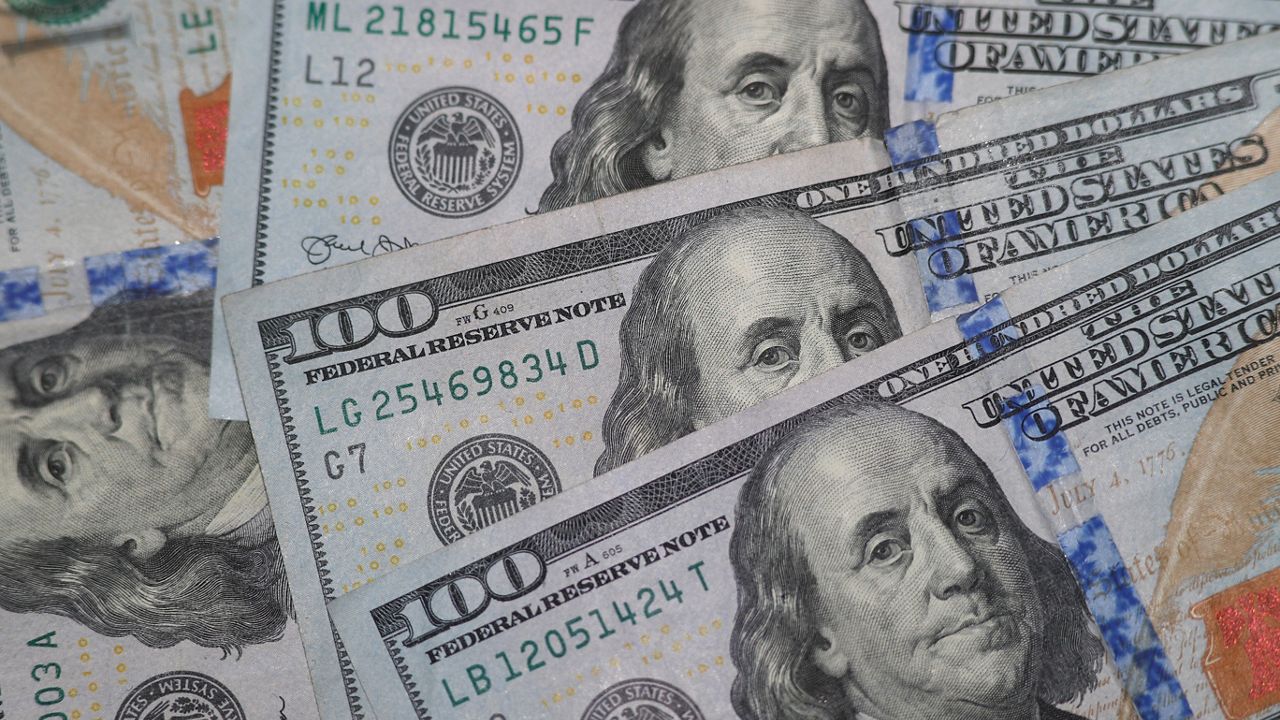New York state collected $38.8 billion more over the last 12 months compared to the previous fiscal year as the economy began to rebound from the effects of the COVID-19 pandemic and after taxes were increased on upper-income New Yorkers, Comptroller Tom DiNapoli's office found in a report.
Tax collections for the fiscal year ending April 1 reached $121.1 billion — $30 billion higher than initially expected last May by state budget officials.
The additional money, coupled with a package of aid from the federal government, led lawmakers and Gov. Kathy Hochul to agree to a $220 billion budget earlier this month, boosting spending for schools and health care along the way, while also accelerating a phased-in rate cut for middle-income earners.
The budget also included a property tax rebate that was also aimed at middle-income homeowners in the state.
Fiscal watchdogs have raised concerns, however, amid spiking inflation and gas prices over the last several months, and the potential of a recession in the next year. A recession could lead to a rapid decline in tax revenue for the state, making projected surpluses in future budget years turn to deficits.
“The state ended the fiscal year in a good position due to higher than projected receipts and lower than projected spending,” DiNapoli said. “I’m pleased to see deposits were made to the rainy-day fund reserves to set aside some of the state’s gains. Following through with plans to increase these formal reserves should remain a priority in light of continuing economic challenges and significant new spending commitments made recently in the Enacted Budget.”
New York collects the bulk of its taxes from the personal income tax, and much of that money comes from the taxes paid by wealthier New Yorkers.
Last year, state lawmakers and then-Gov. Andrew Cuomo agreed to rate increases on upper-income people in the state. As a result, revenue from the tax rose by 28.5%, or by $15.7 billion, DiNapoli's report found.
Collections from the tax exceeded estimates in February by $2.6 billion, the report found.
